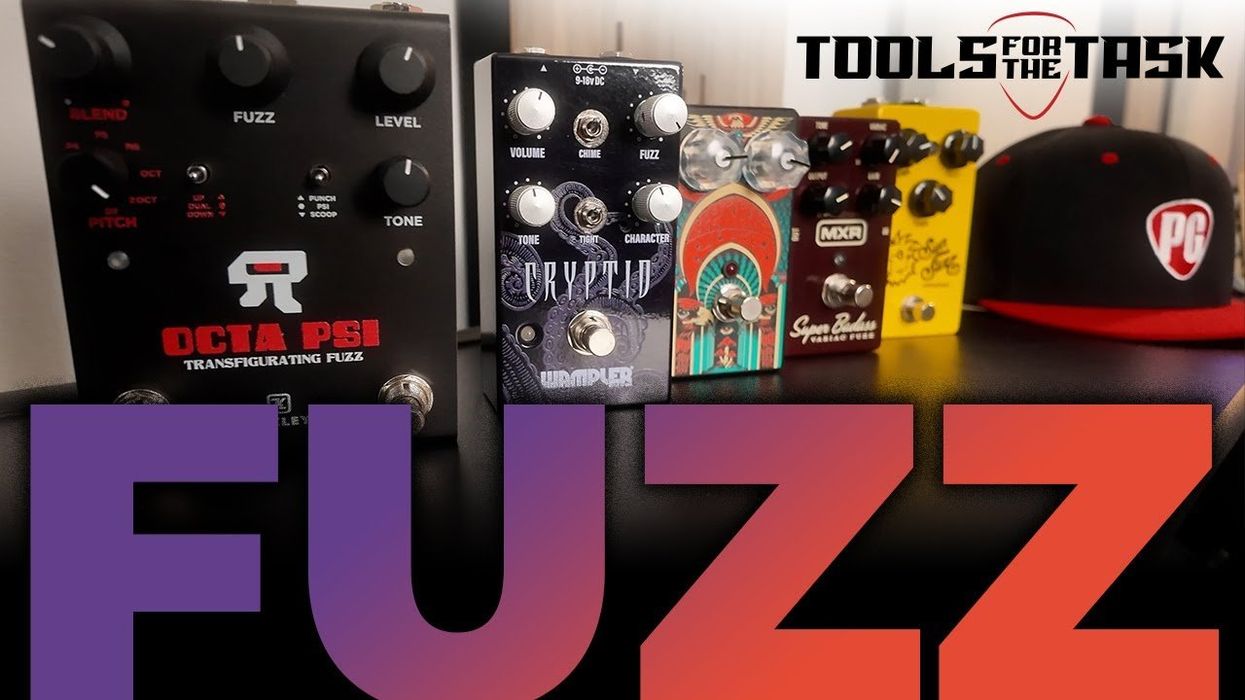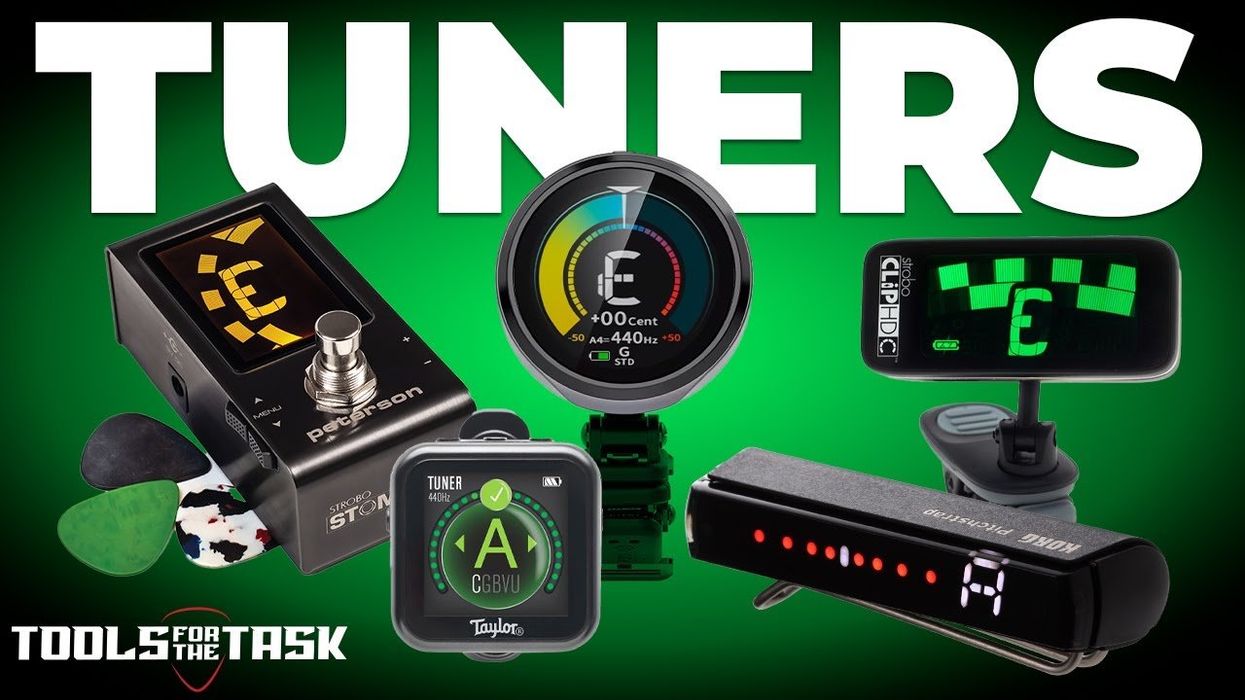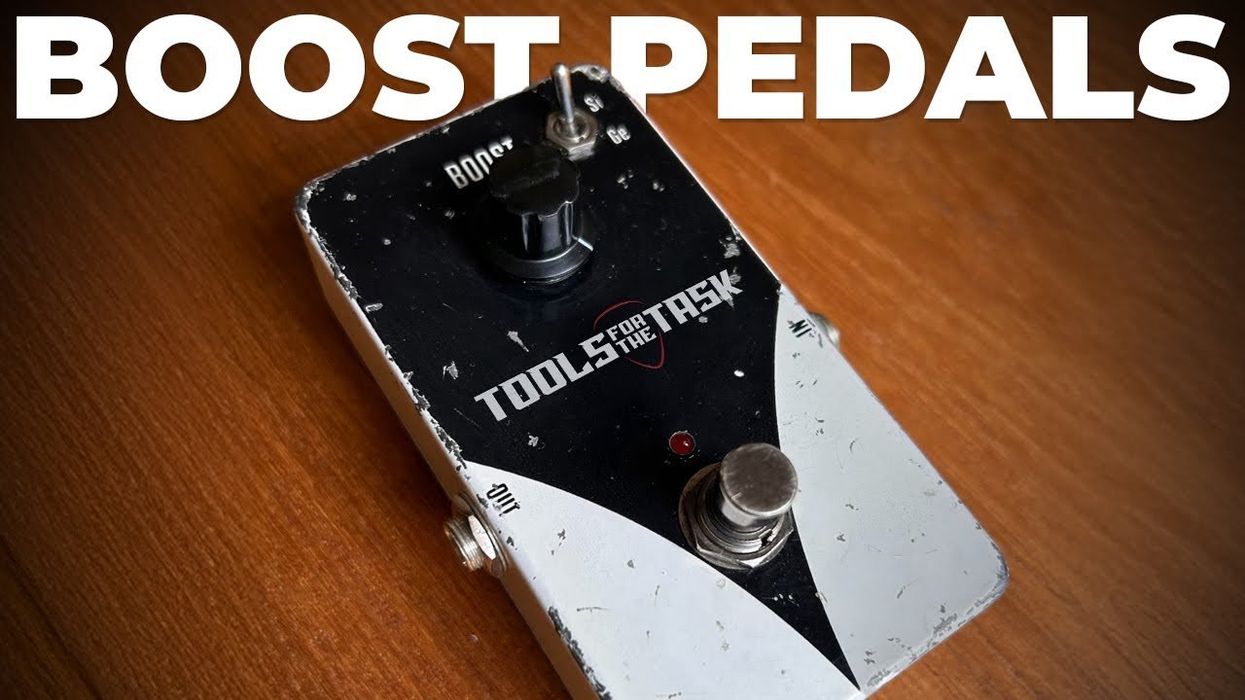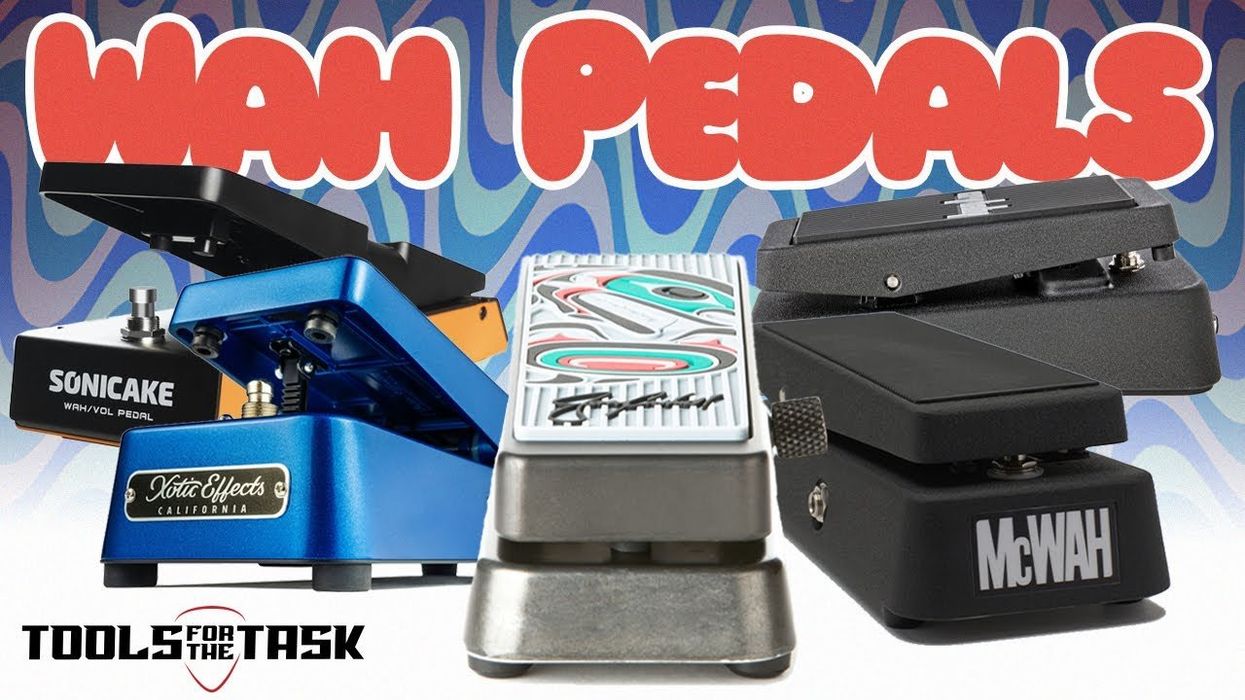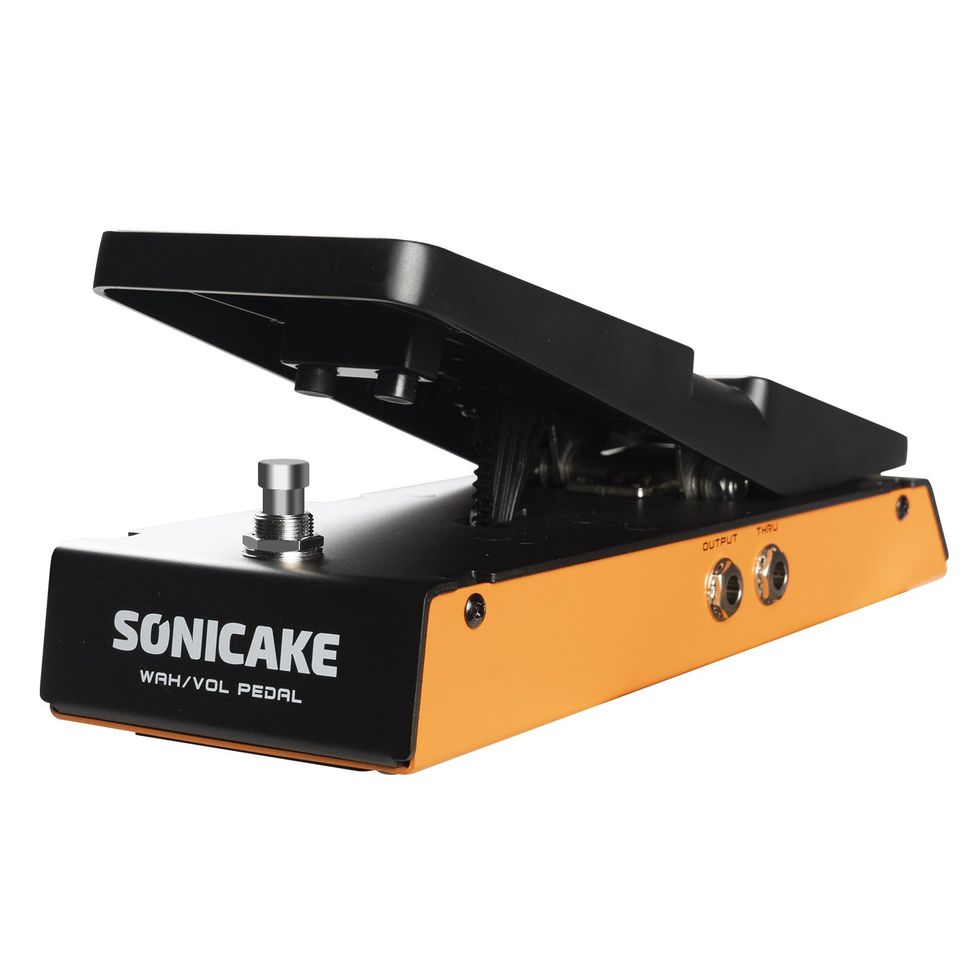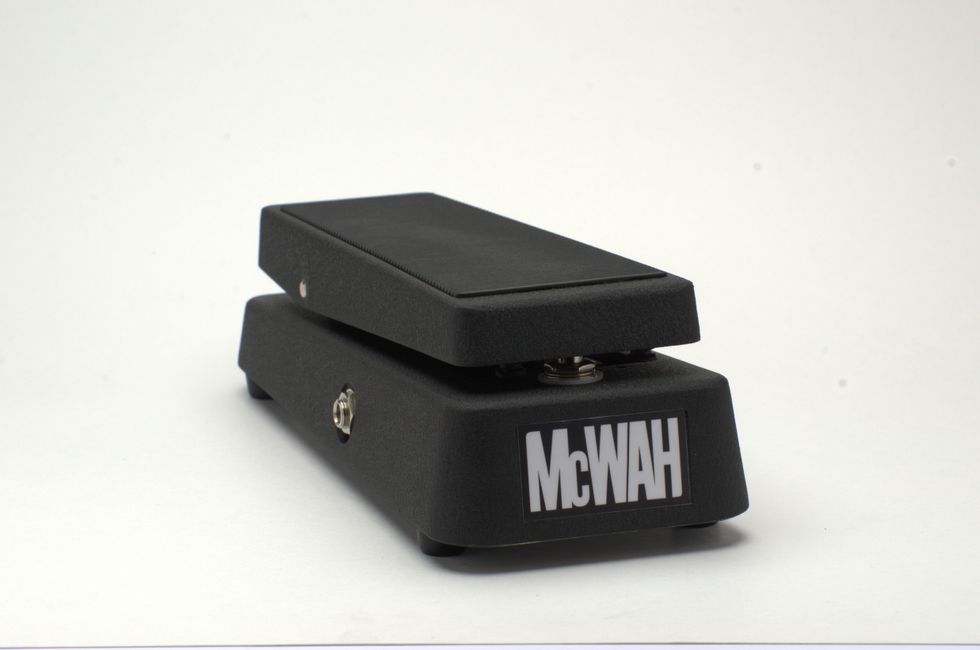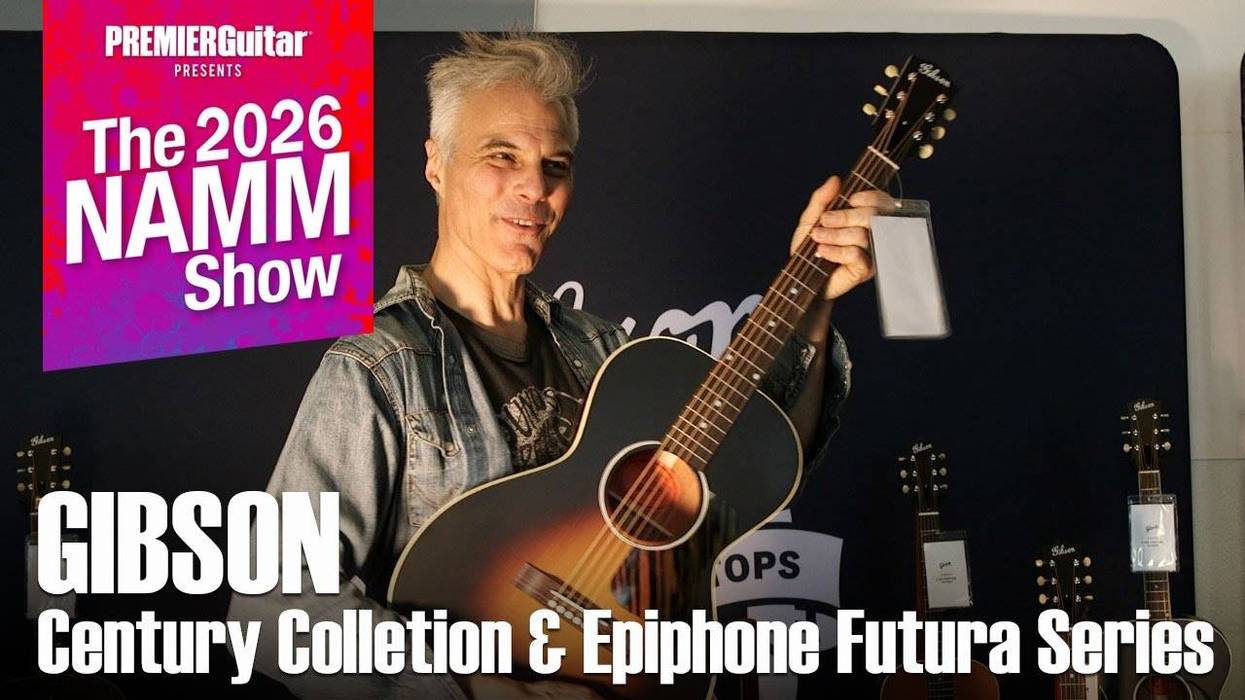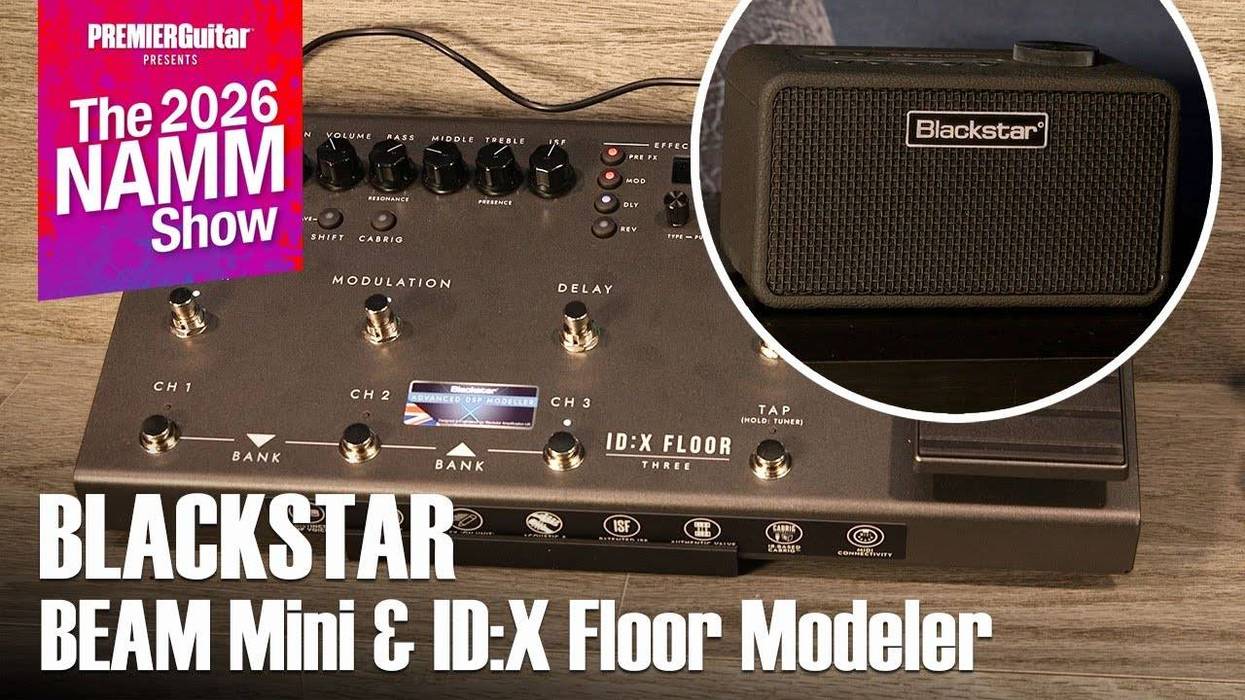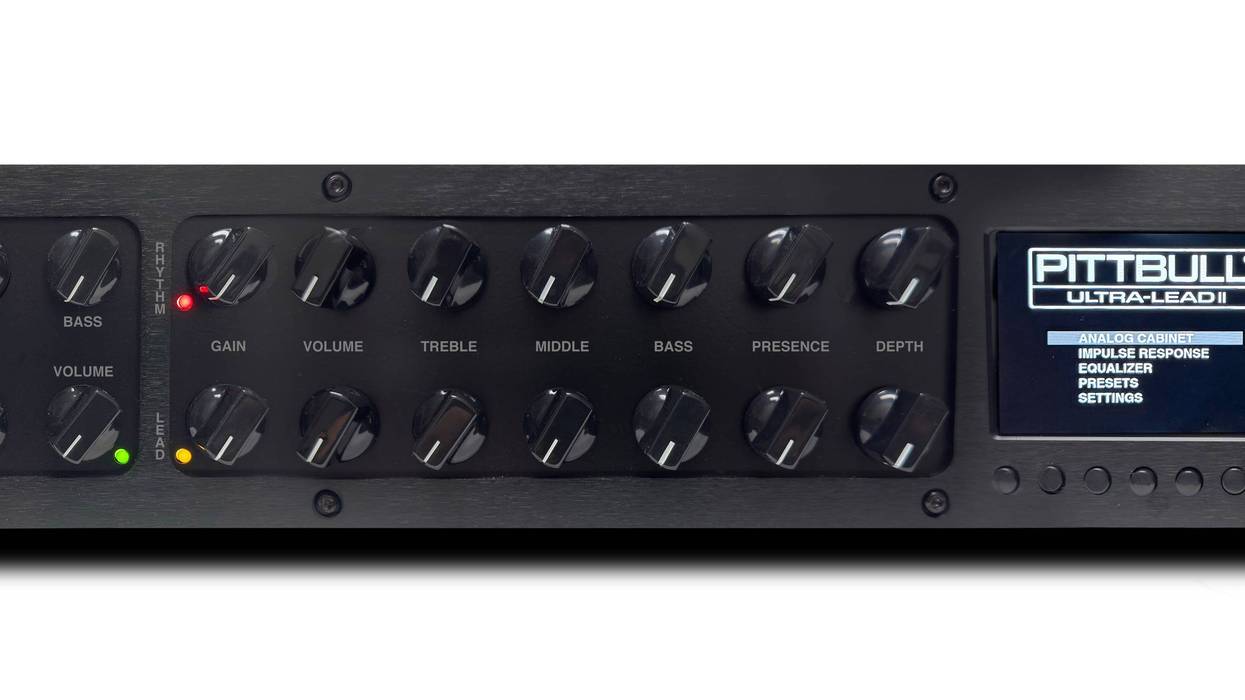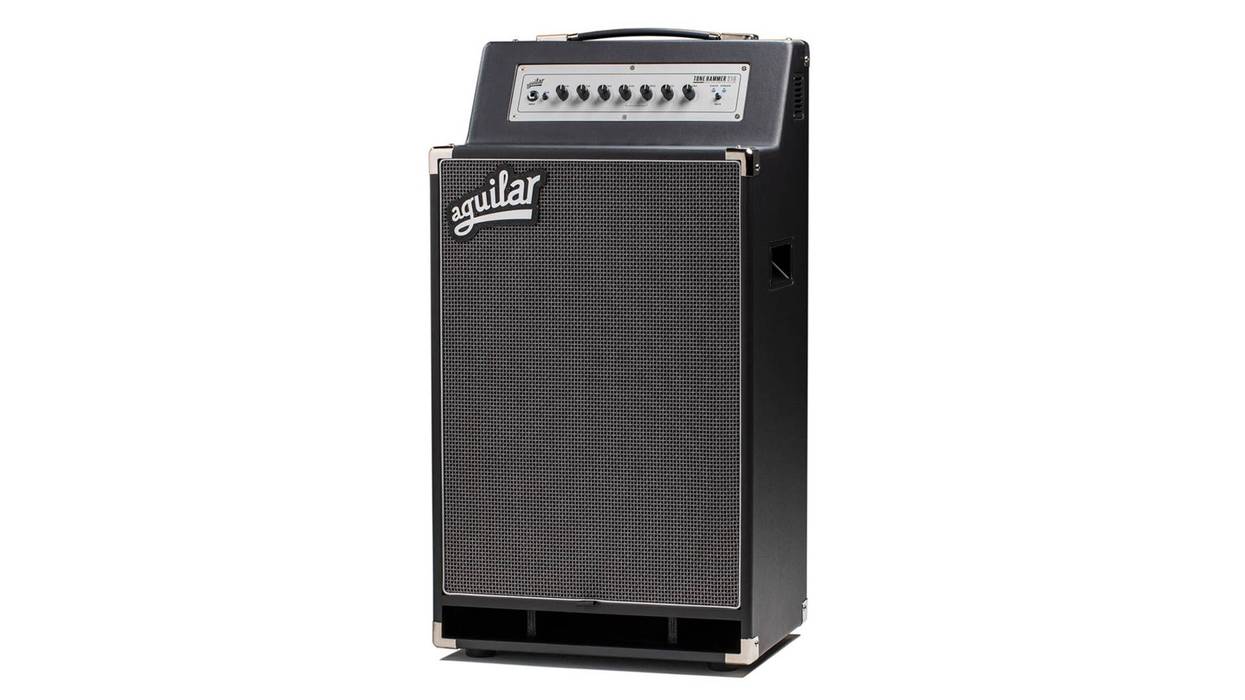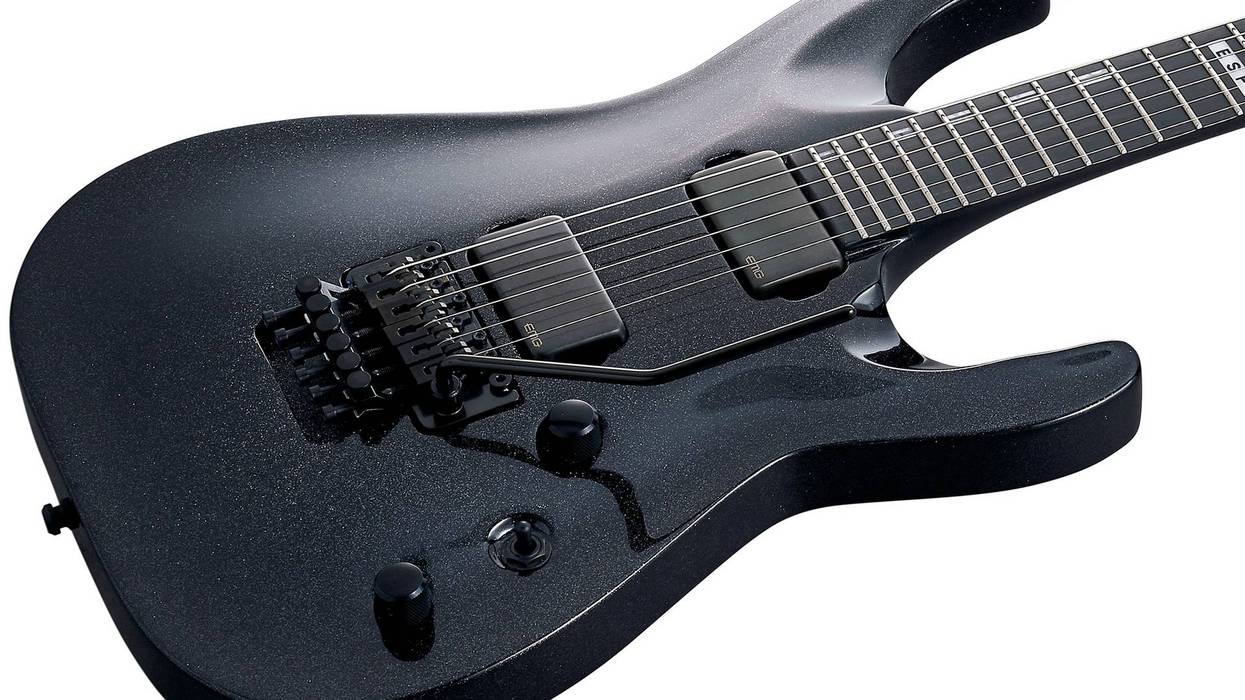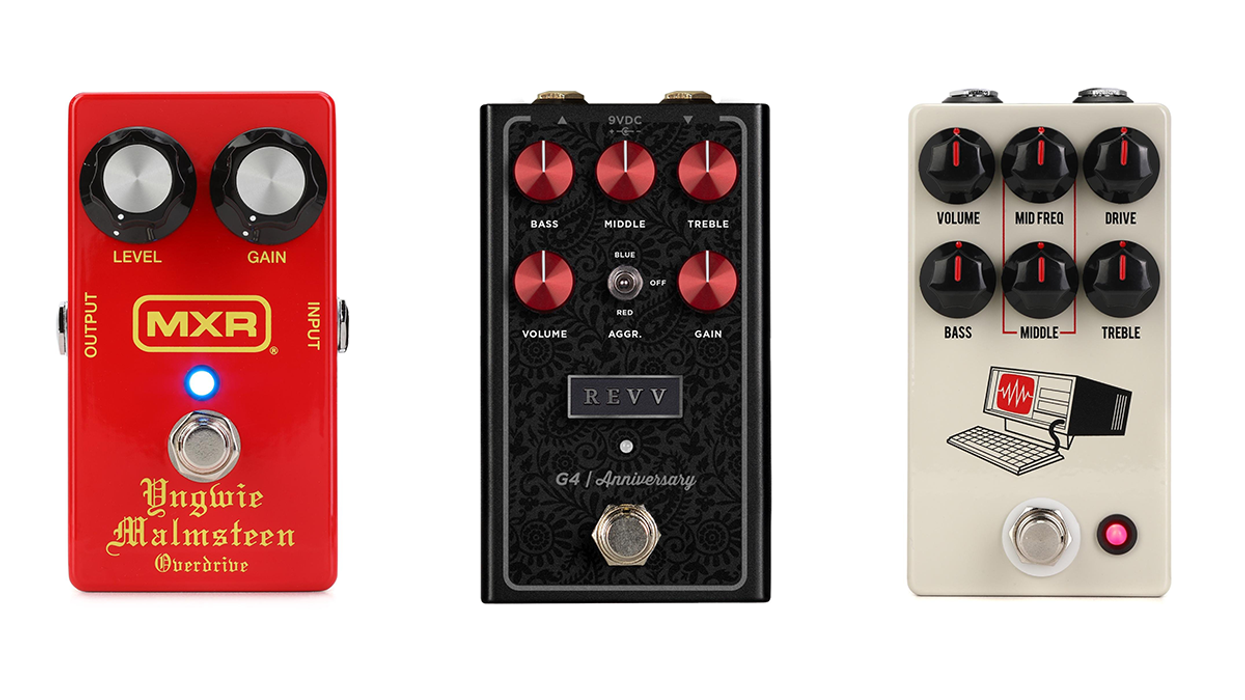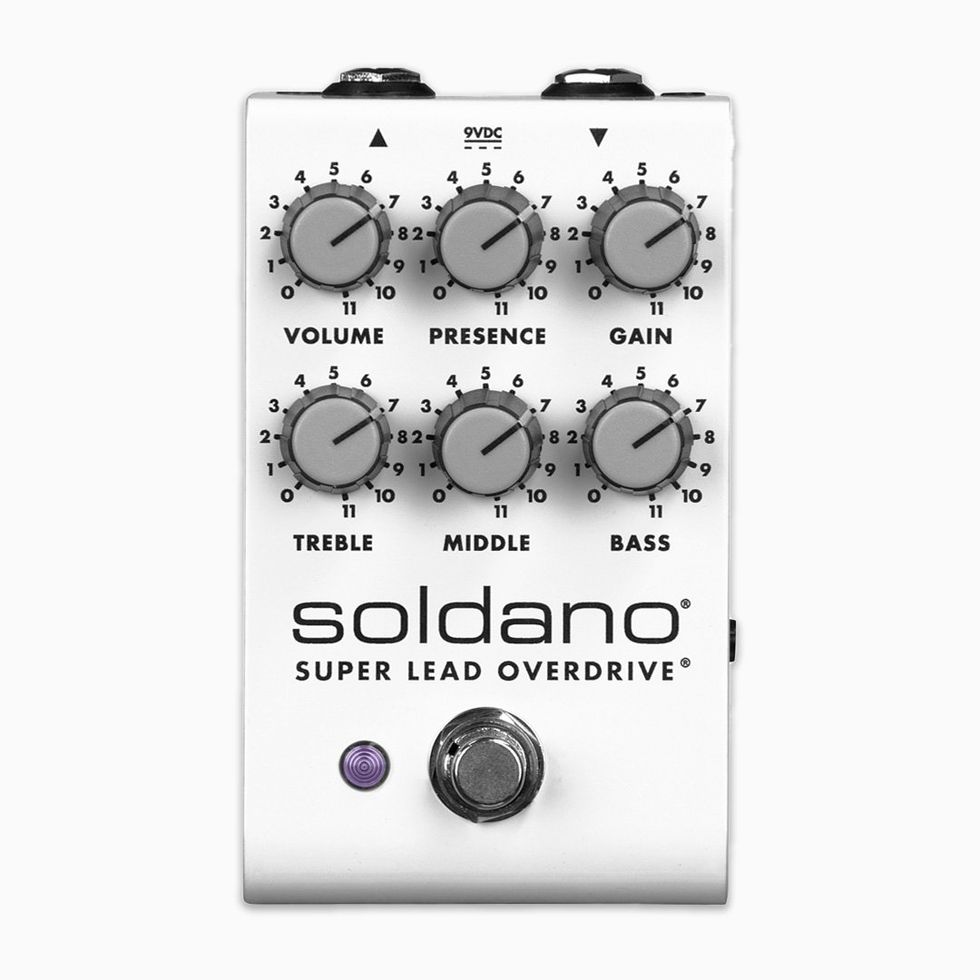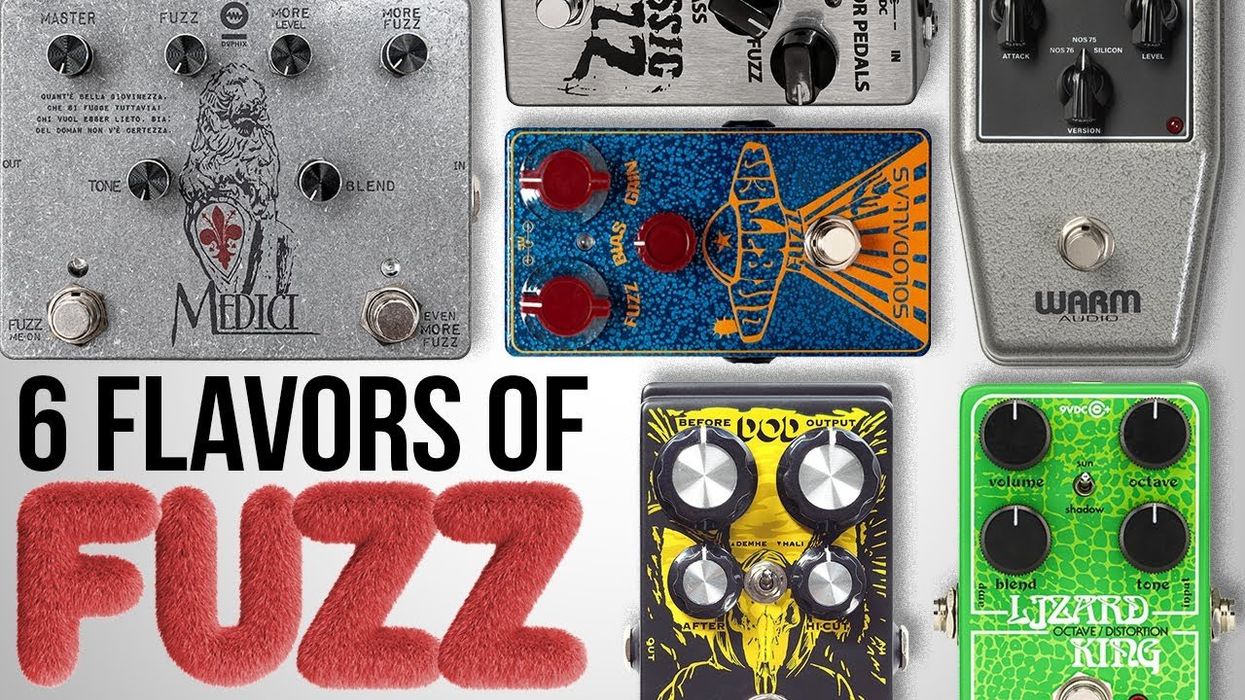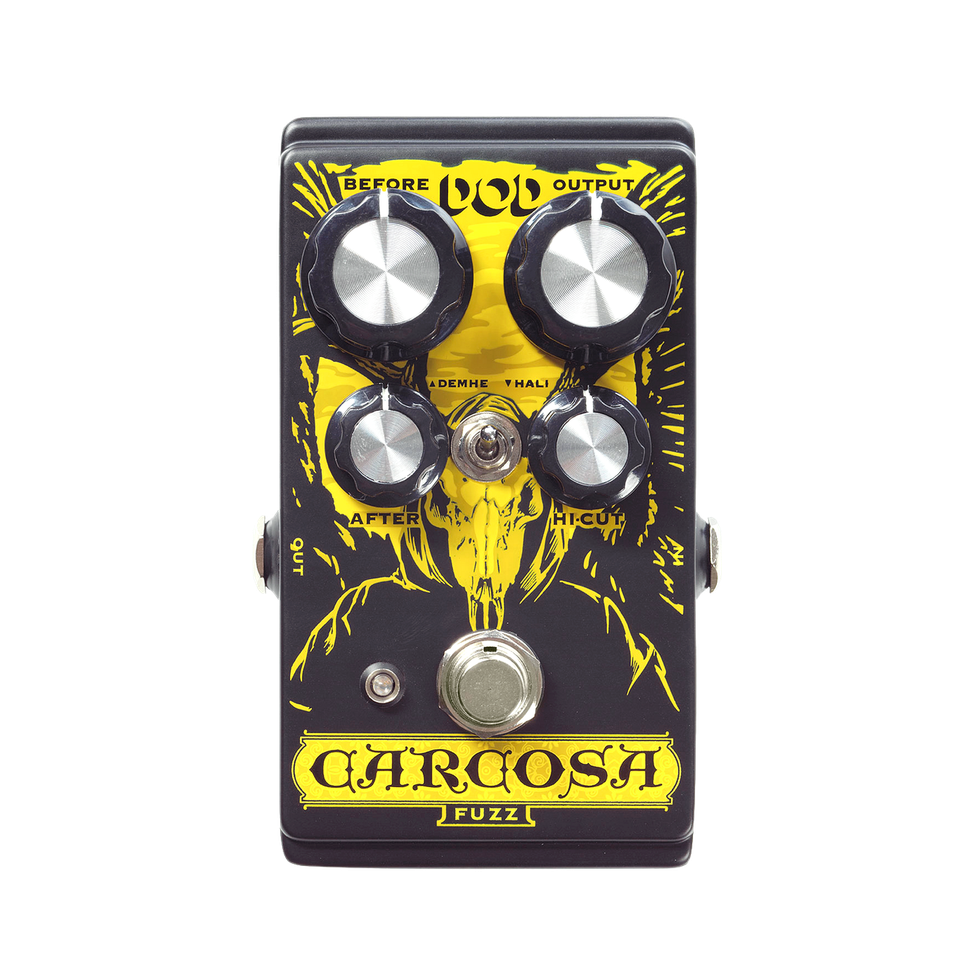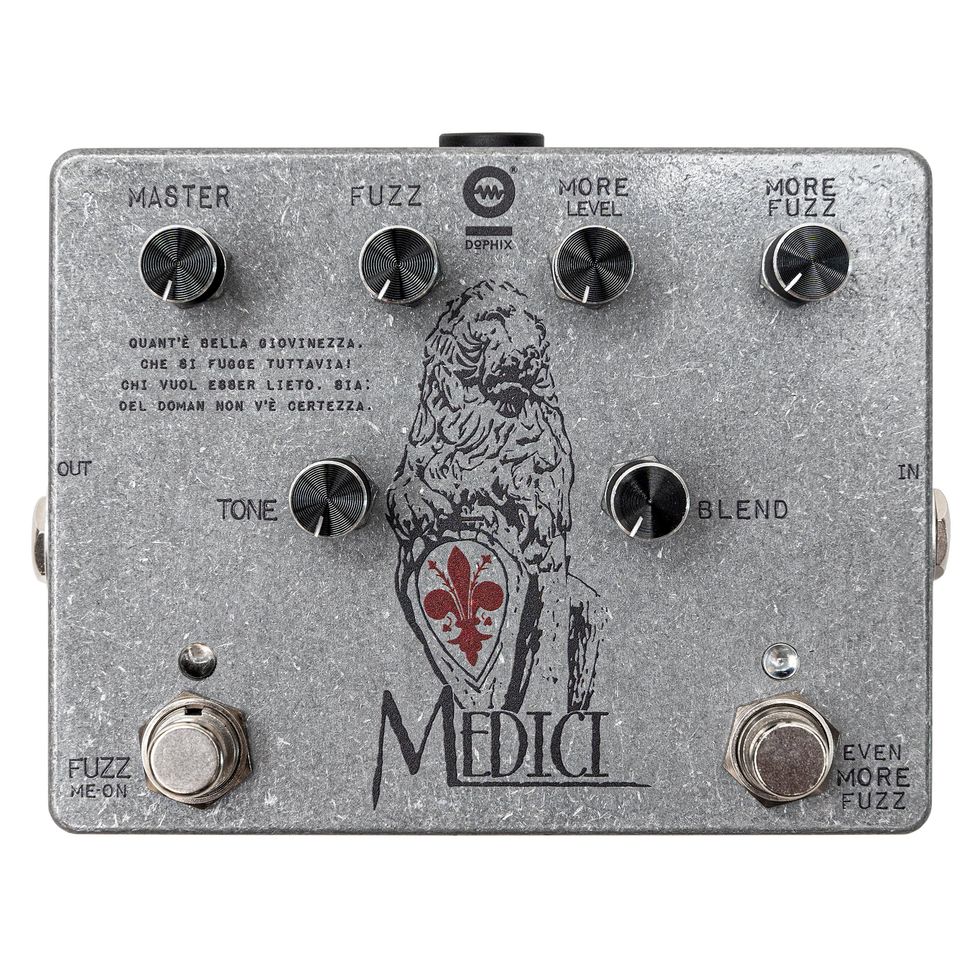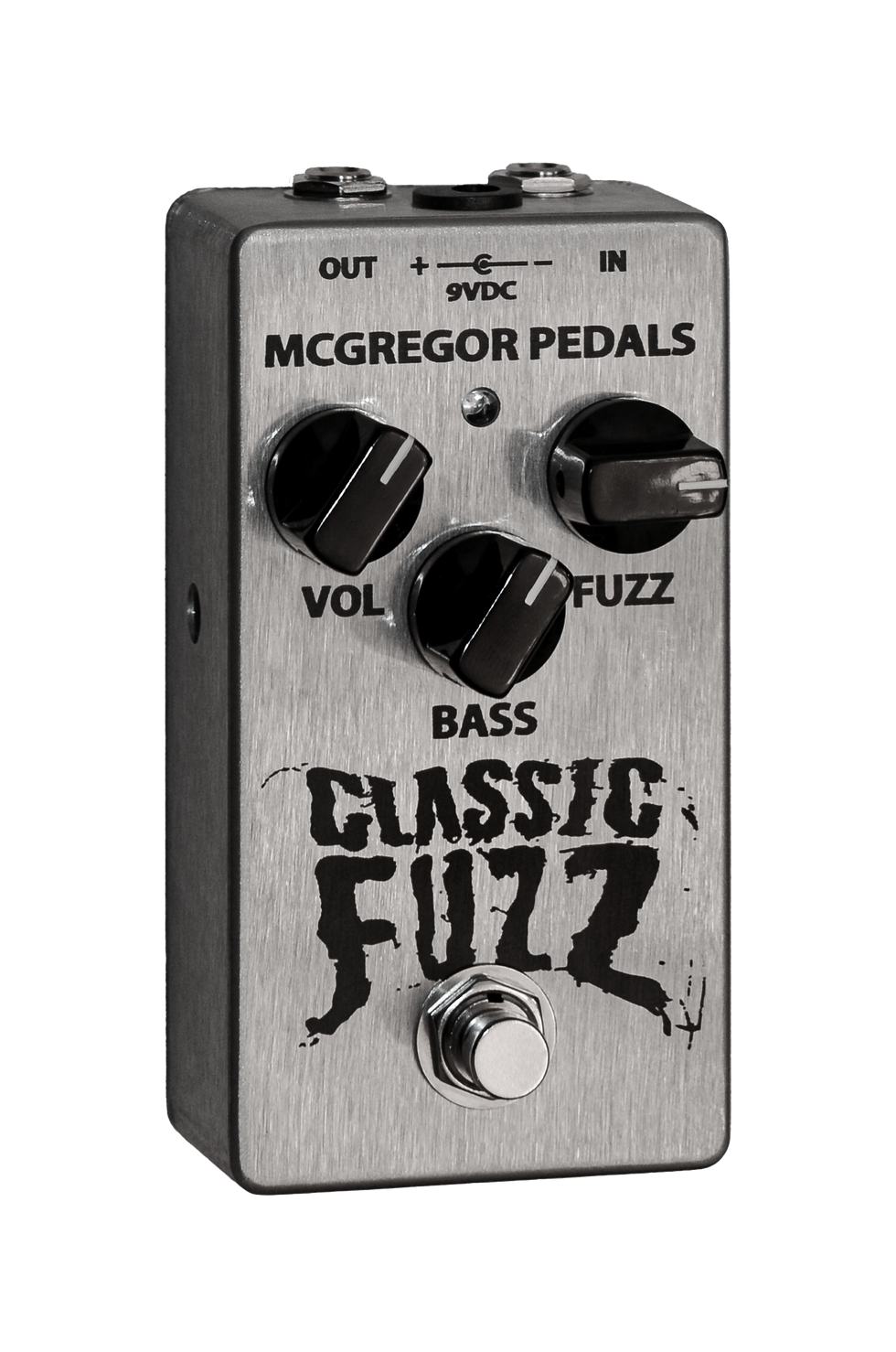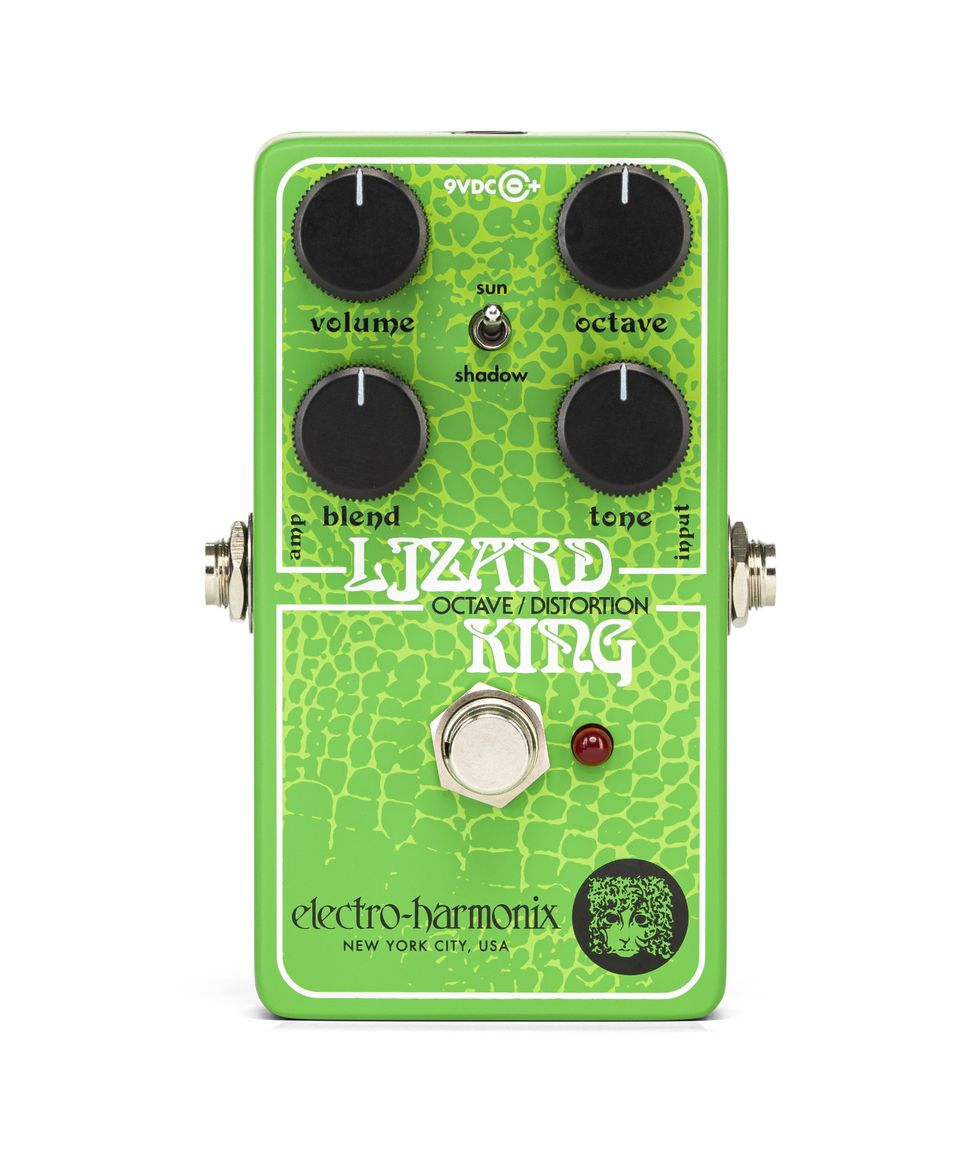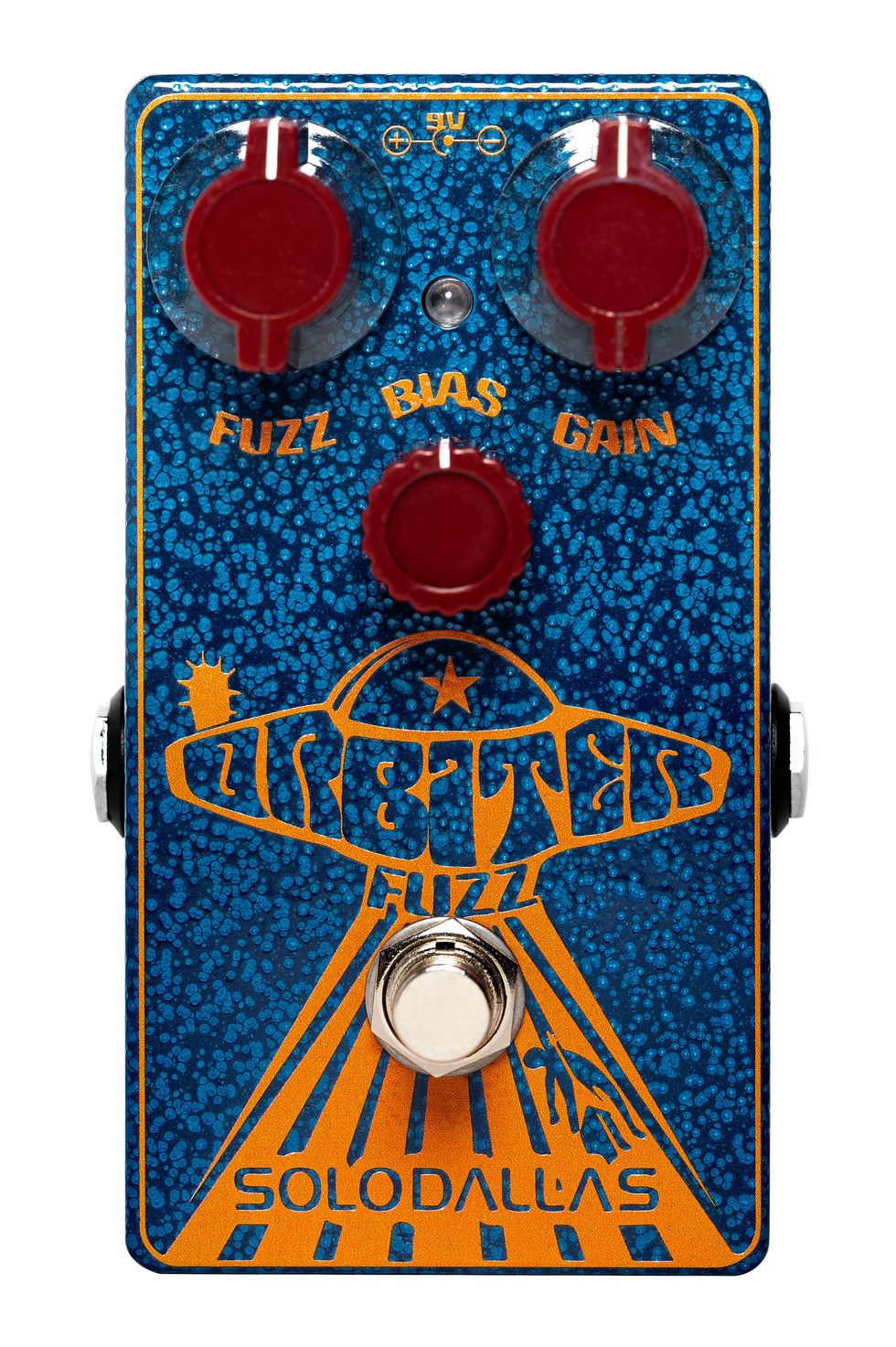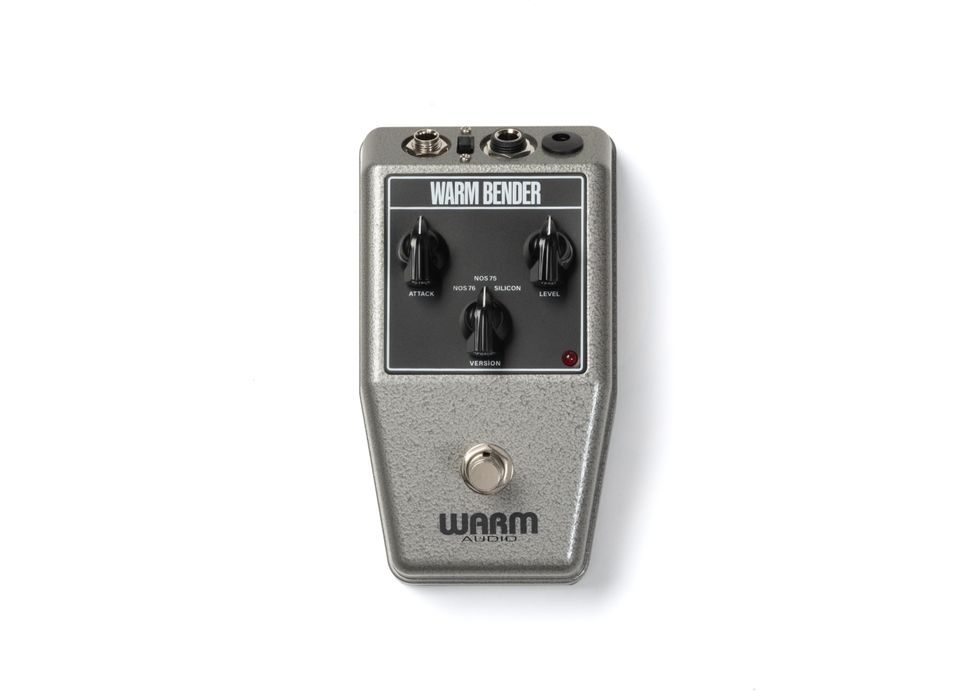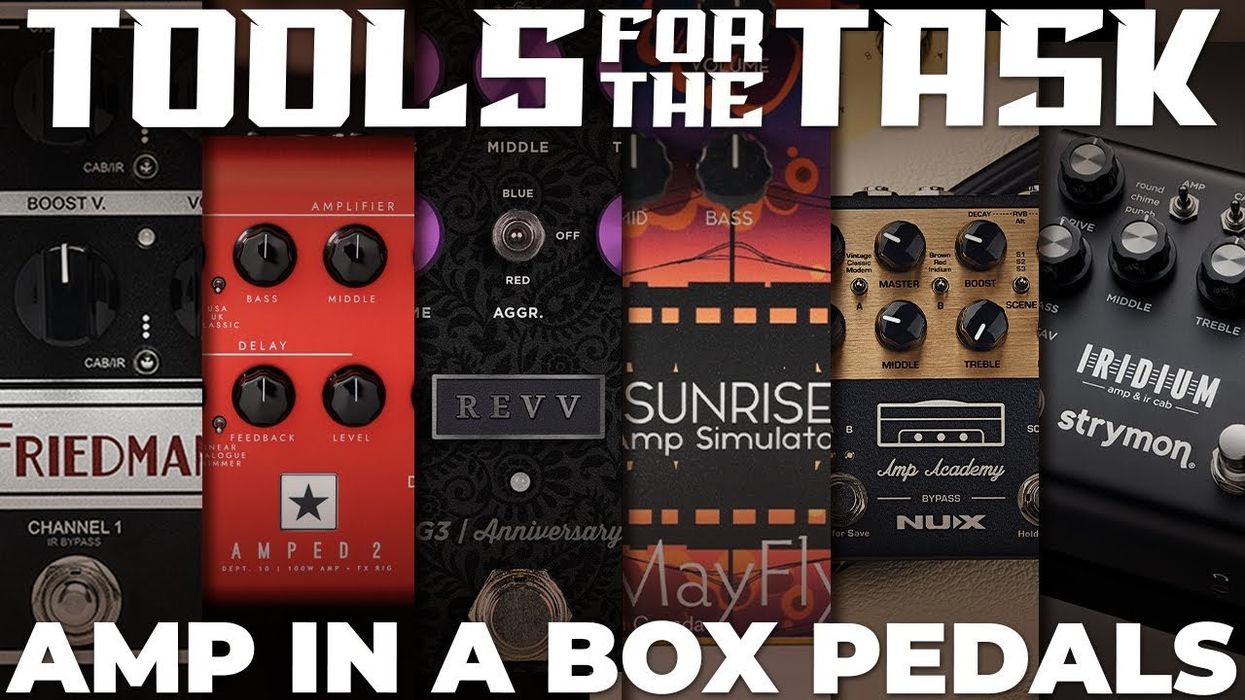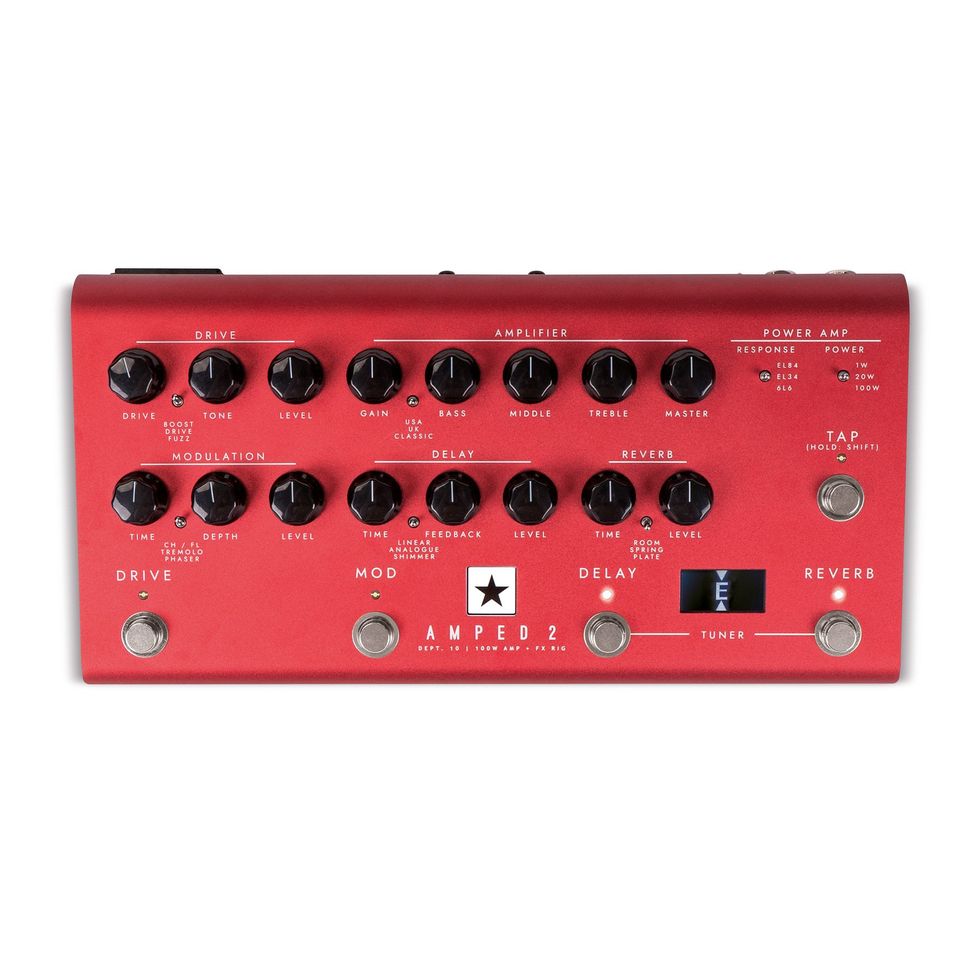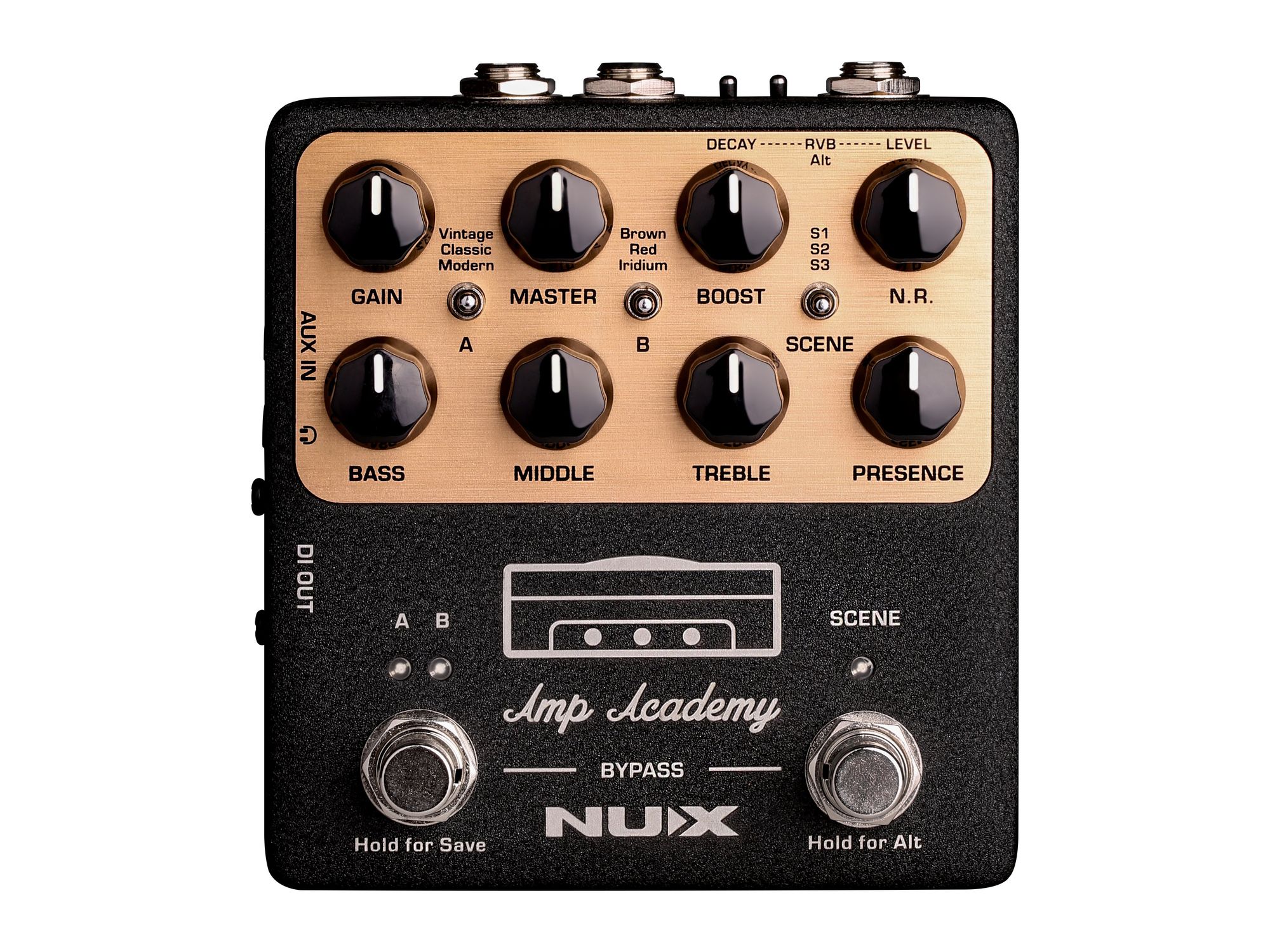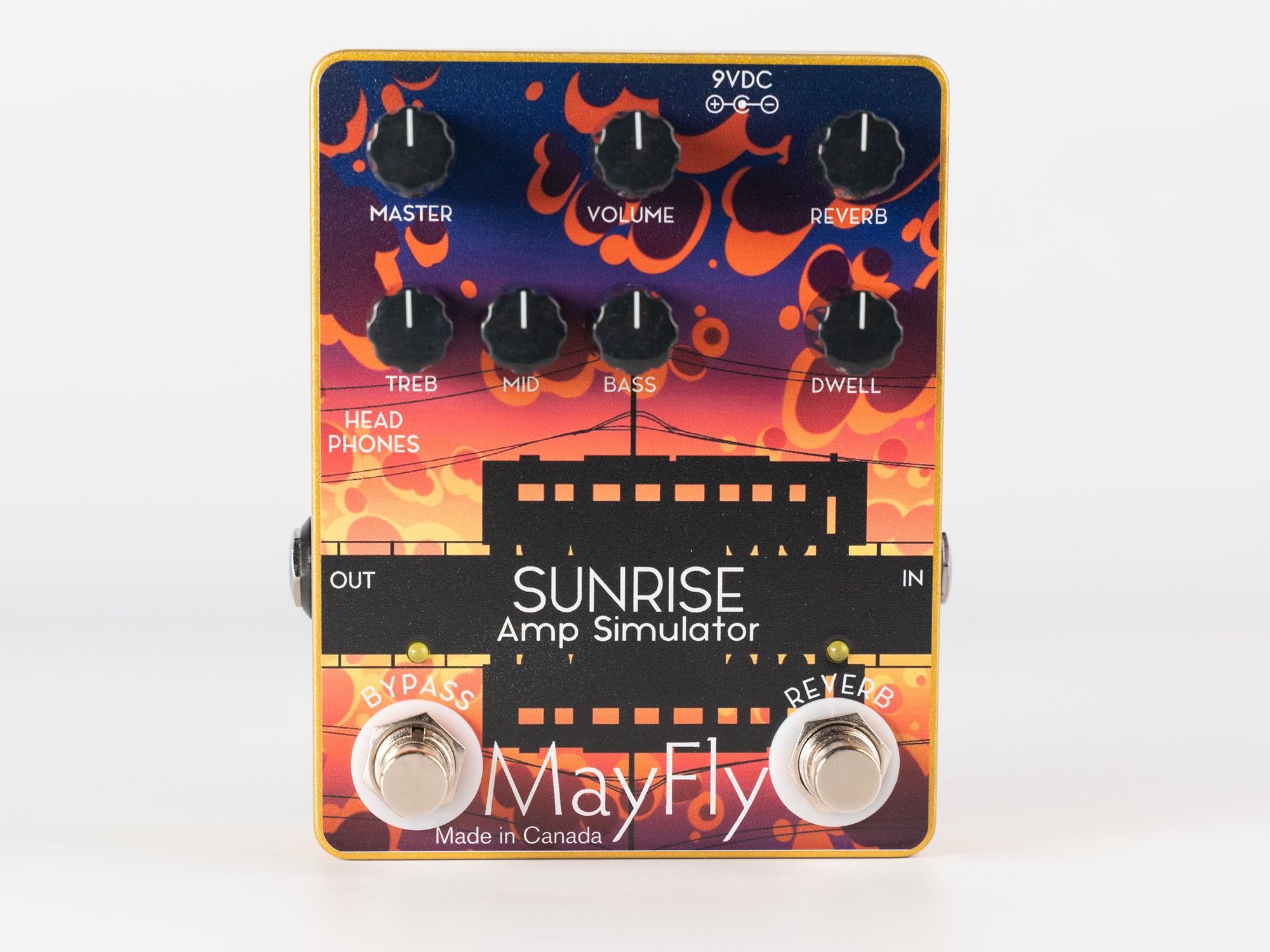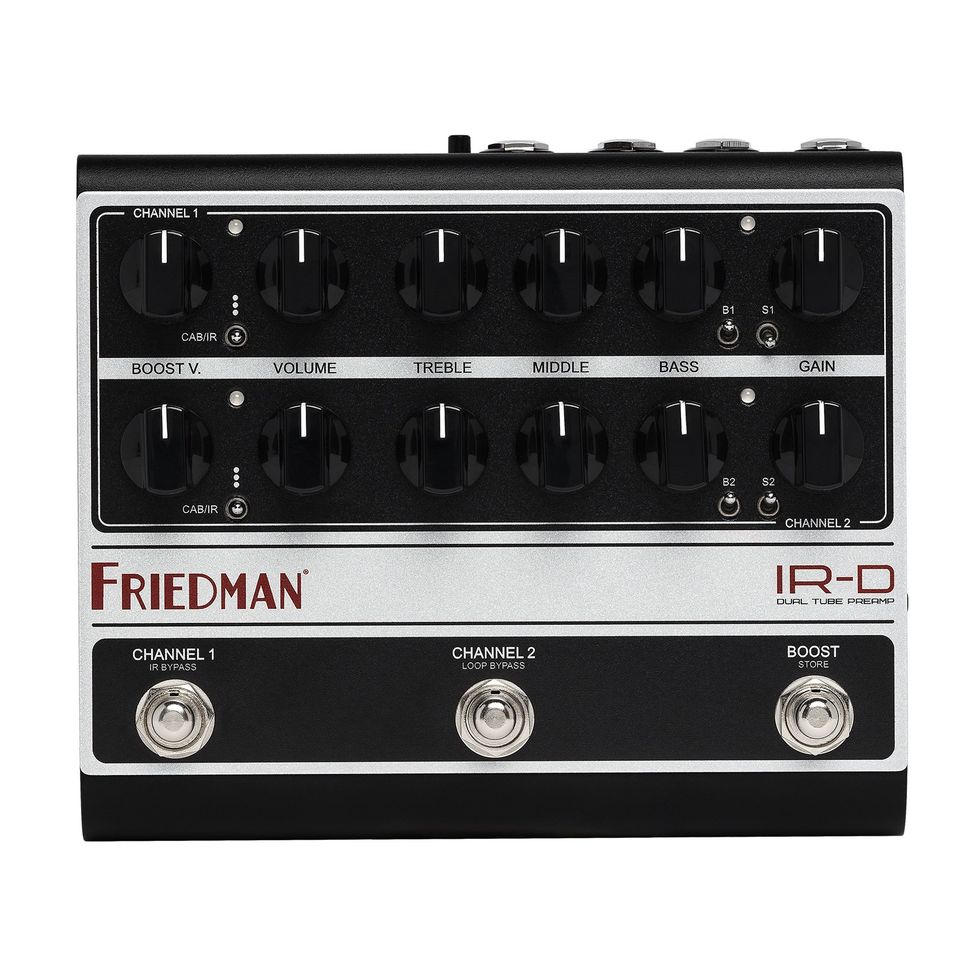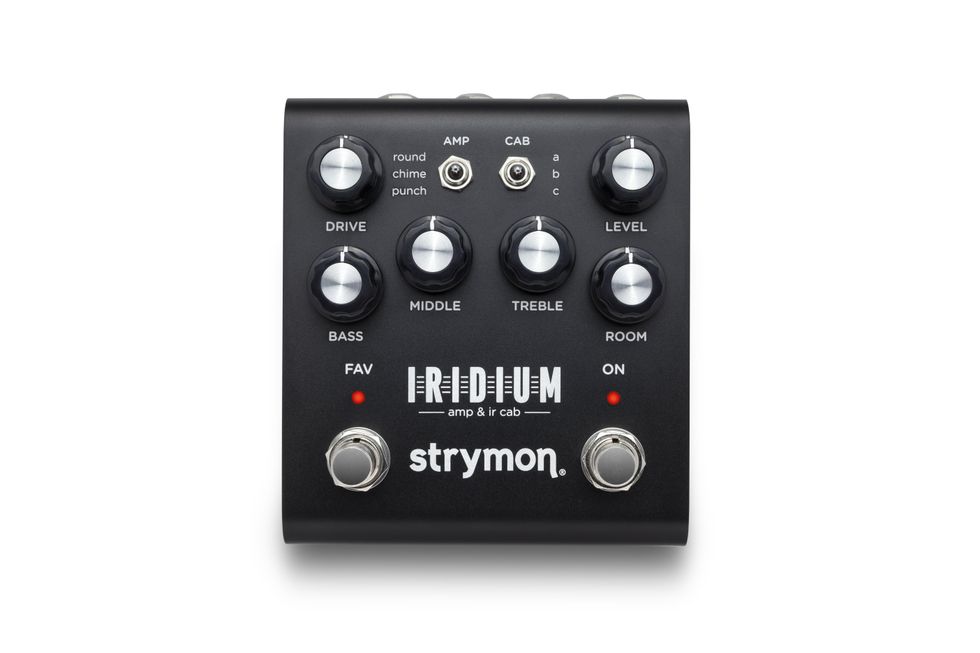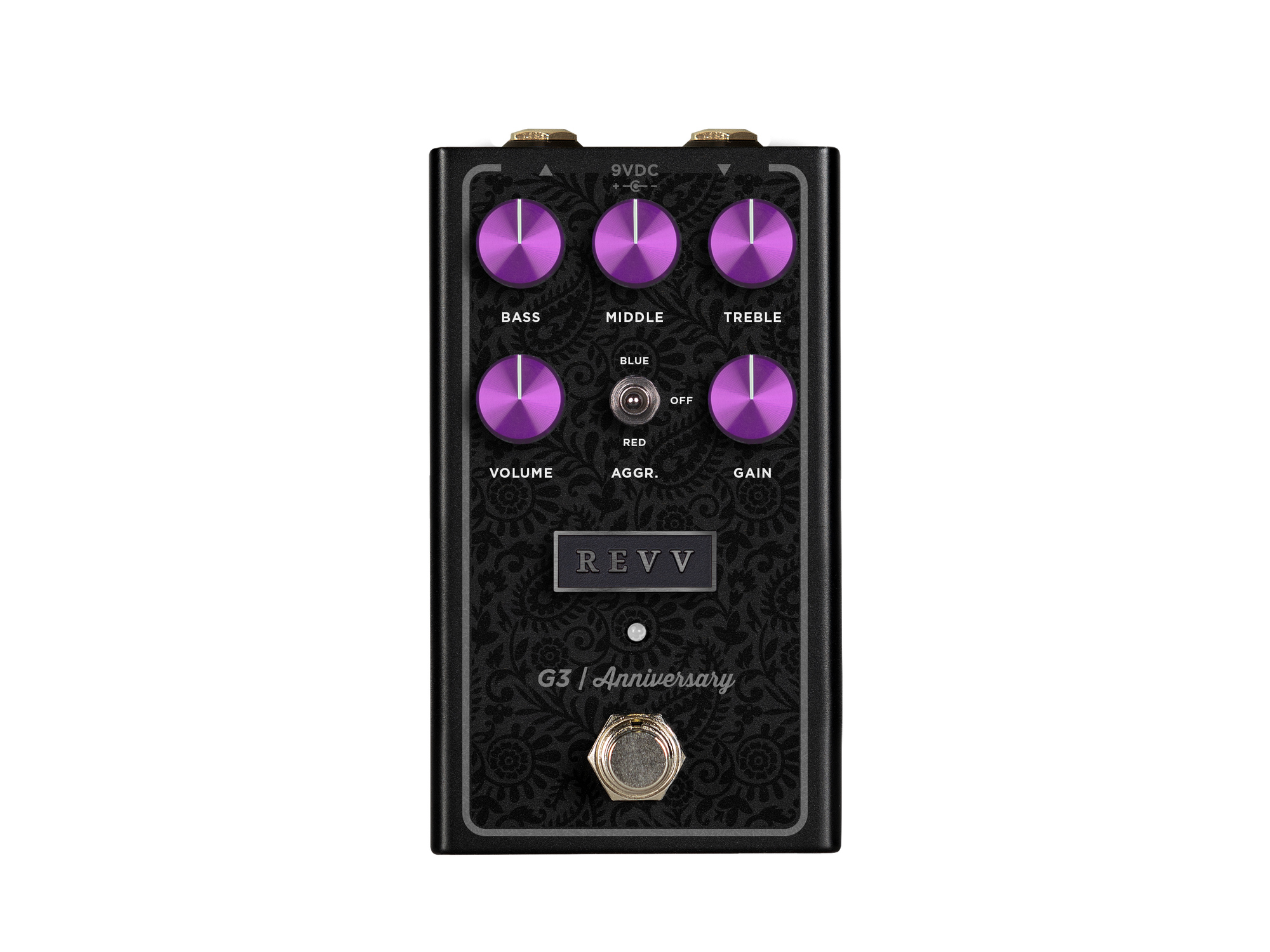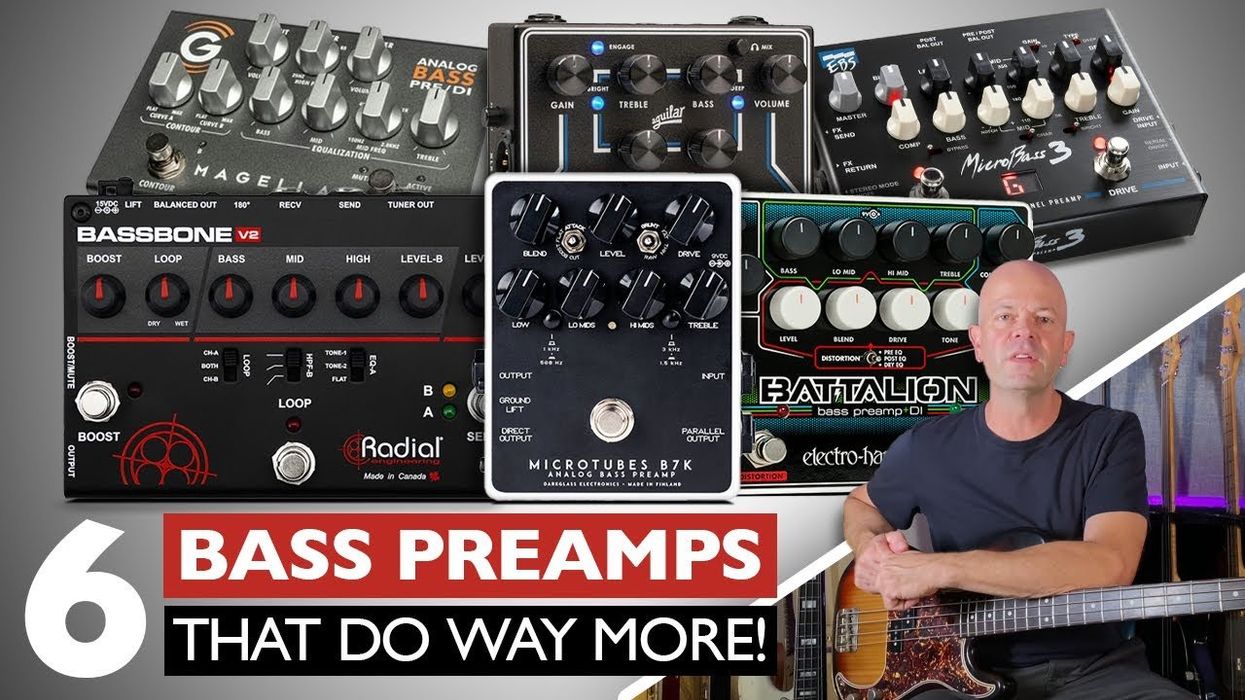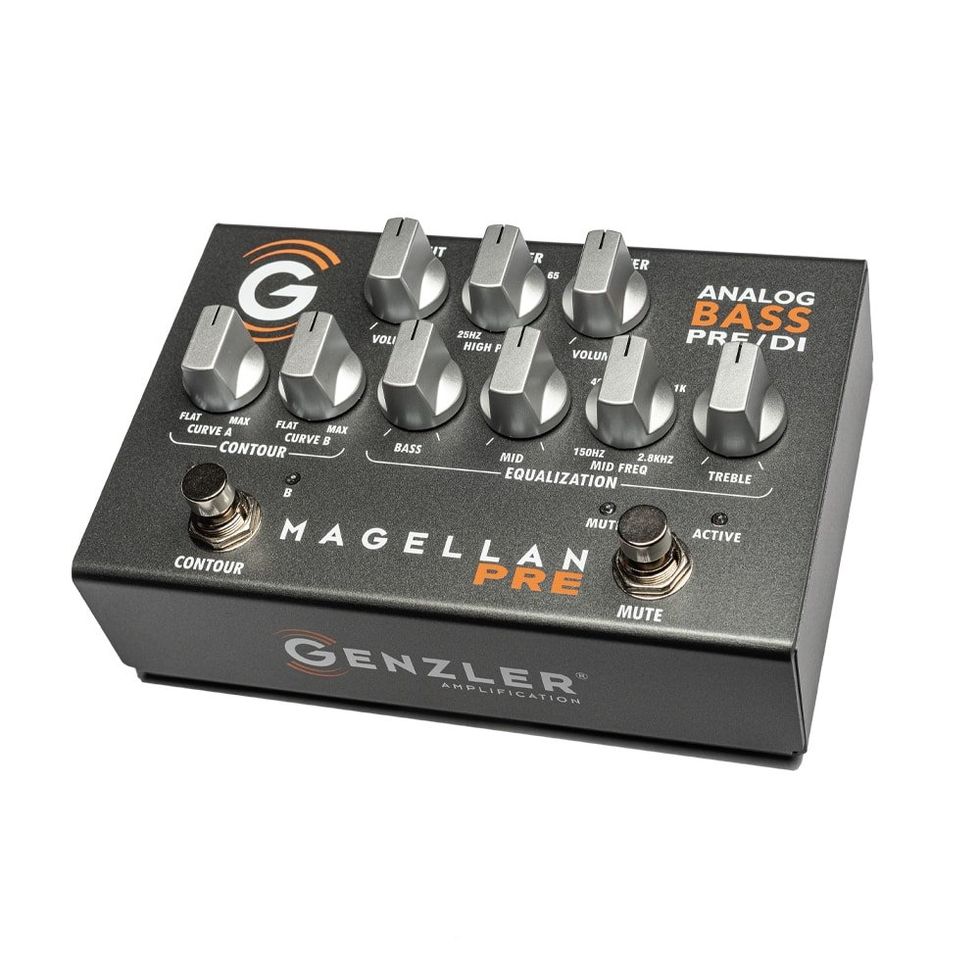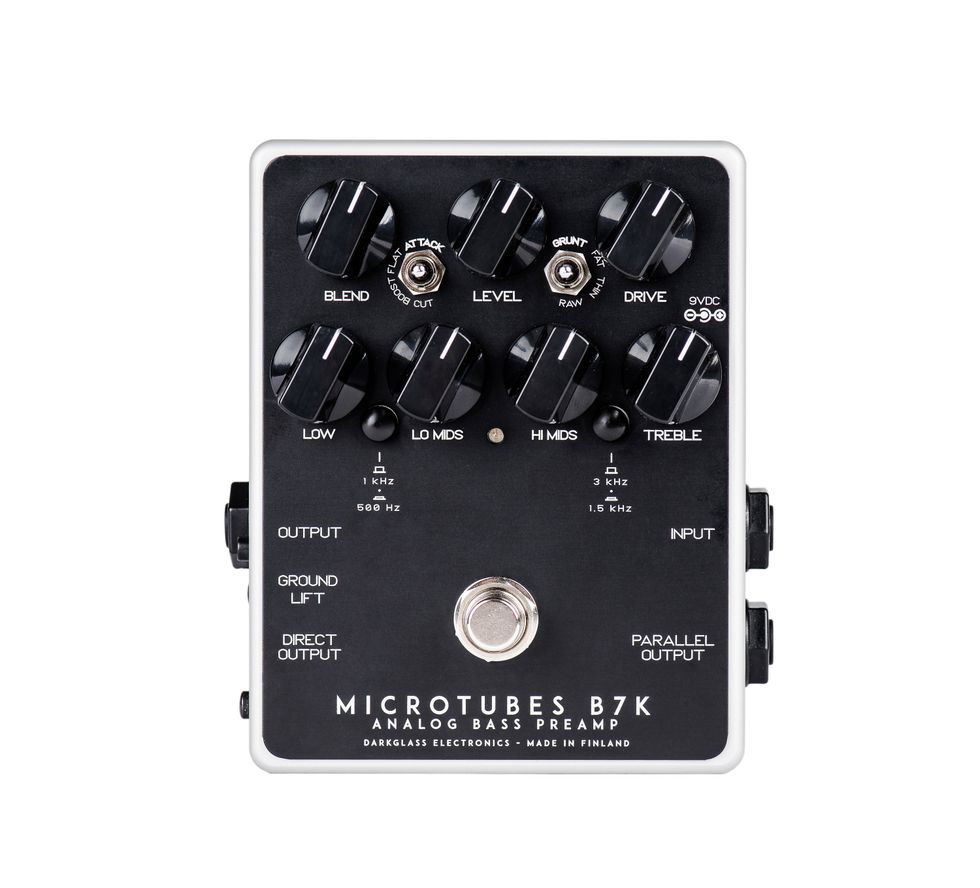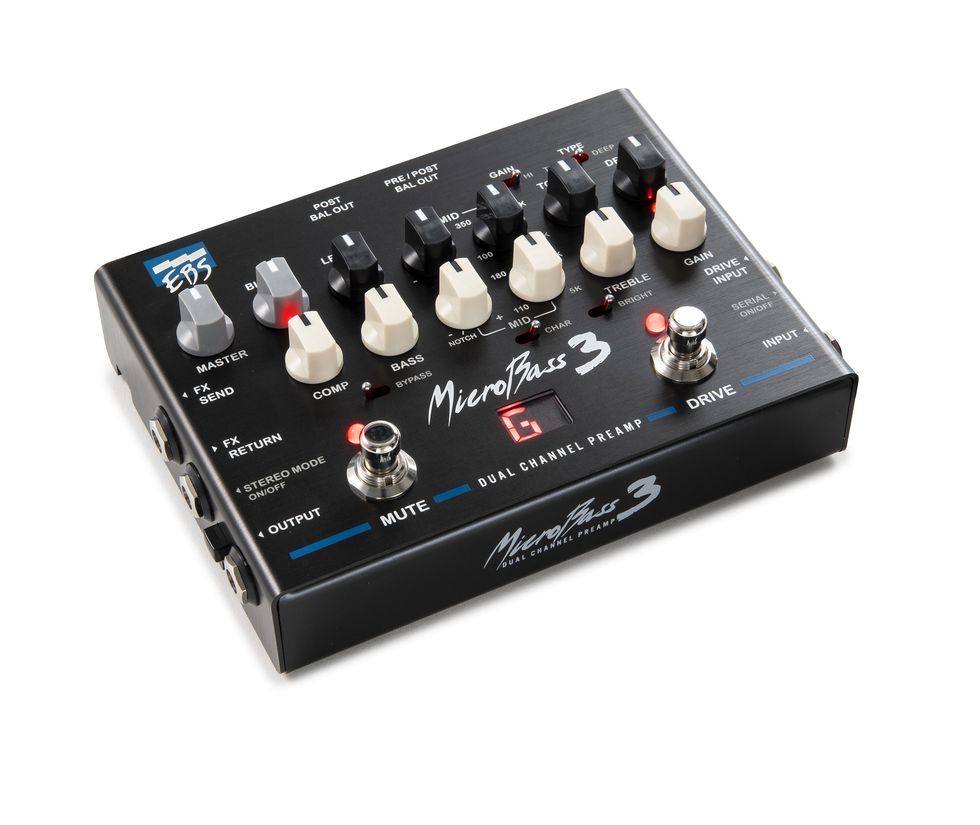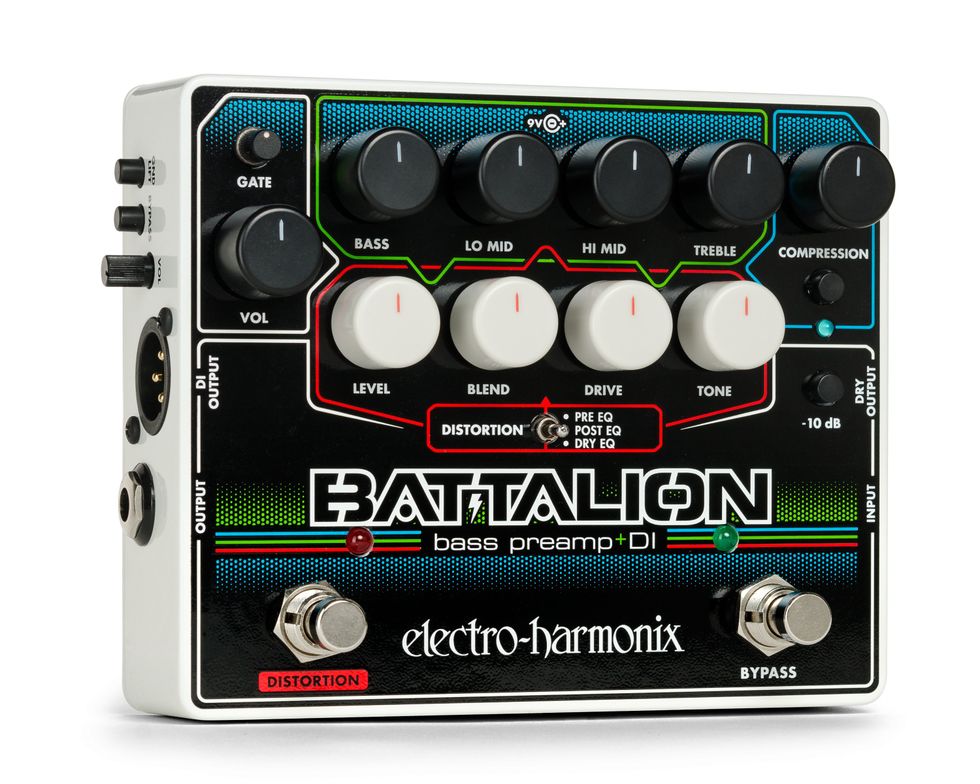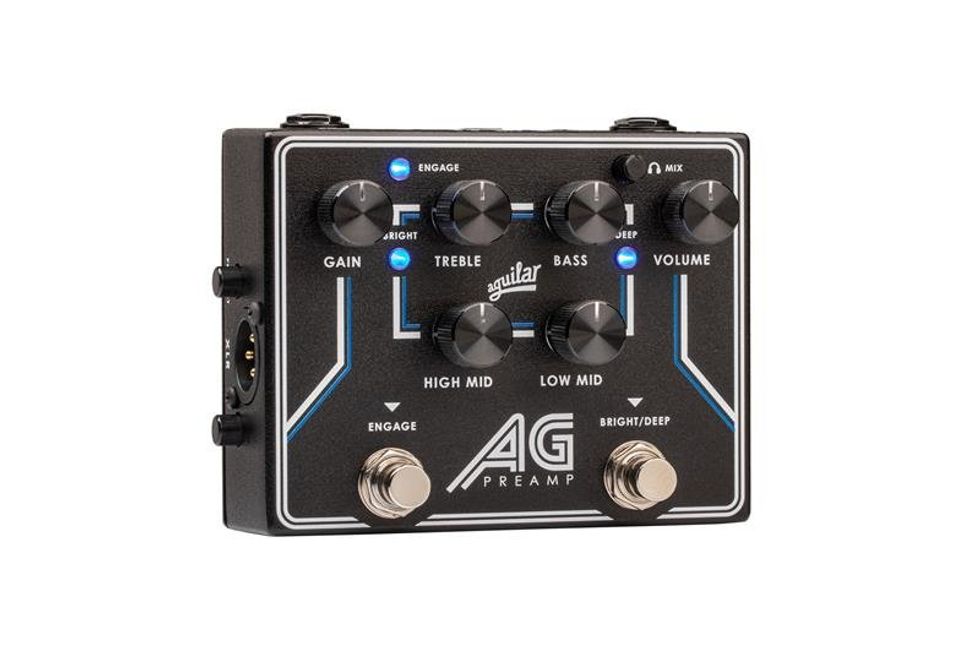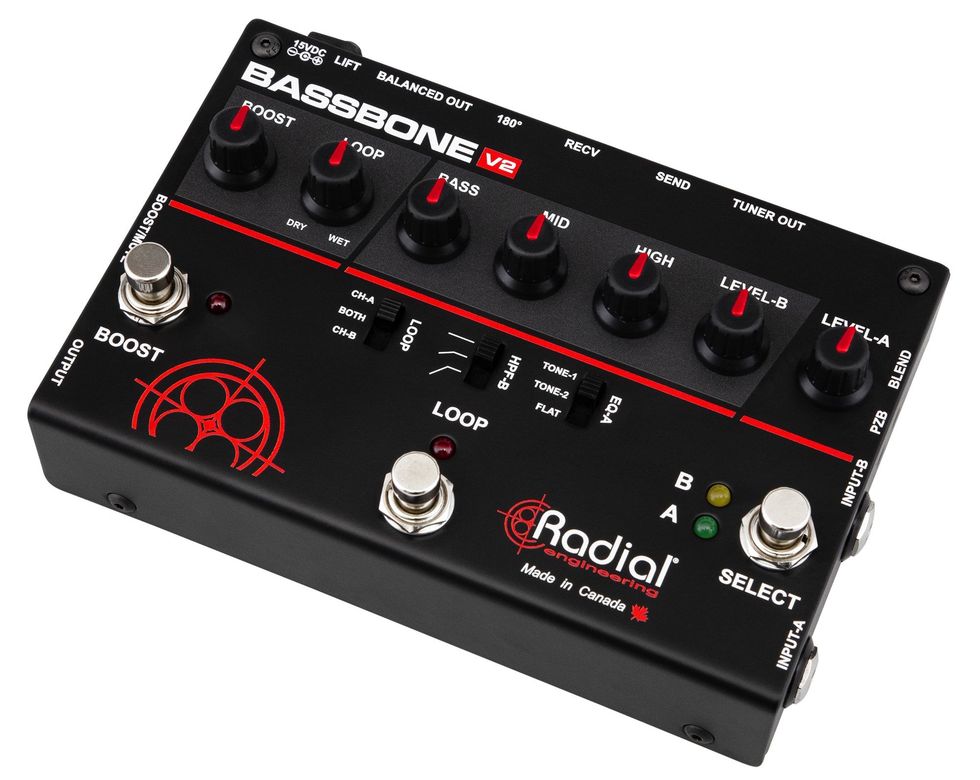Although tremolo was the first guitar effect, reverb was right on its heels, and ever since we’ve all been tweaking our amps and effects to achieve just the right amount. Here are a handful of stomps that give modern players the kind of control over reverberation that we crave.
Meris MercuryX Modular Reverb System Pedal
MERIS
MercuryX
A modular reverb system with pro-audio and studio-rack heritage, advanced processing, and a high-performance signal path.
Boss RV-200 Reverb Pedal
RV-200
The RV-200 delivers inspiring reverbs and premium sound in a streamlined design. Twelve versatile reverb types provide everything from subtle spatial color to complex, dreamy textures for ambient explorations.
Universal Audio UAFX Evermore Studio Reverb Guitar Effects Pedal
Evermore Studio Reverb
This pedal gives you the grainy ambient trails and mesmerizing modulations of iconic late-'70s-vintage digital hardware, in a compact, elegantly crafted stompbox.
LR Baggs Align Reverb Acoustic Reverb Pedal
Align Series Reverb
Built from the ground up to complement the natural body dynamics and warmth of acoustic instruments, this circuit seamlessly integrates the wet and dry signals with the effect in side chain, so it never overwhelms the original signal. The result is an organic reverb that maintains the audiophile purity of the original signal with the controls set in any position.
Fishman AFX AcoustiVerb Mini Reverb Pedal
Fishman
AFX AcoustiVerb Mini Reverb
This multi-reverb pedal for acoustic guitar offers Fishman’s unique blending and voicing architecture. Three quality reverbs—hall, plate, and spring—blend in parallel with your direct sound while preserving your tone.
Gamechanger Audio Light Pedal Optical Spring Reverb Pedal
Gamechanger Audio
Light Pedal
The Light Pedal combines the best features of a classic spring reverb with an innovative infrared optical sensor system and a unique effects section.










